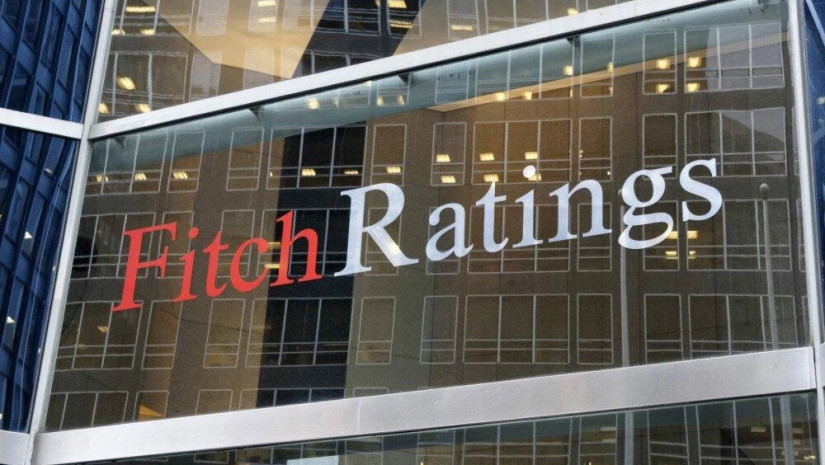Fitch Ratings has revised the Outlook on Armenia's Long-Term Foreign-Currency Issuer Default Rating (IDR) to Positive from Stable and affirmed the IDR at 'B+'.
According to the agency's revised Outlook, the Armenian economy is estimated to have grown by 11.6% in 2022, a 15-year high, boosted by the large influx of migrants, which also provides an upside to potential growth (currently estimated at 4.5%).
Fitch estimates growth will slow to 6.1% in 2023 and 4.7% in 2024. Growth will be driven by personal consumption, relatively stable exports (notably to Russia as Armenia replaces import sources that have become disrupted by sanctions) and an expected increase in public investment.
The fiscal deficit fell from 4.6% in 2021 to 2.2% of GDP in 2022, below the government's target of 2.5% (current 'B' median: 2.7%; 'BB' median 3.3%) amid tax revenue growth of 18% and a decline in capex of 10%. Public debt fell by nearly 13pp to 47.6% in 2022, driven in large part by the exchange rate appreciation (about 18% vs the US dollar in 2022) and robust real GDP growth. Fitch expects debt to stabilize around 47.4% of GDP in the medium term. A sharp depreciation of the exchange rate is the primary risk to debt dynamics, given that 62.1% of public debt is FX-denominated as of 2022 (end-2021: 71.2%).
According to the Outlook, Armenia boasts strong governance indicators relative to 'B' rating peers, as well as a robust macroeconomic and fiscal policy framework, and credible commitment to reform.
Inflation averaged 8.6% in 2022, well above the Central Bank of Armenia's (CBA) target of 4% (with a tolerance band of +/-1.5pp), driven by high global food prices and surging domestic demand, triggered by the migrant arrivals. Core inflation averaged 8.9% in 2022 as demand for housing and other services increased sharply. Domestic wage growth rose to 20.7% yoy in 4Q22, adding to inflationary pressures. Armenia is less exposed to global energy price fluctuations given the long-term fixed nature of its gas purchase contract with Gazprom.
The strengthening of the currency in 2022, lower global oil prices and the lagged impact of the policy rate hikes by the CBA (cumulative hikes of 300bp to 10.75% in 2022) will reduce inflation to 6.5% on average in 2023 and 4.2% in 2024. However, the substantial pressures on domestic supply from the surge in the population could mean more persistent inflationary pressures and overheating.
Armenia benefits from strong support and technical assistance from a range of multilateral and bilateral creditors. As of 2022, an estimated 44.5% of general government debt was owed to official lenders, including the World Bank, Asian Development Bank, OPEC Fund and the French Development Agency, offering favorable financing conditions, ARKA reports.















